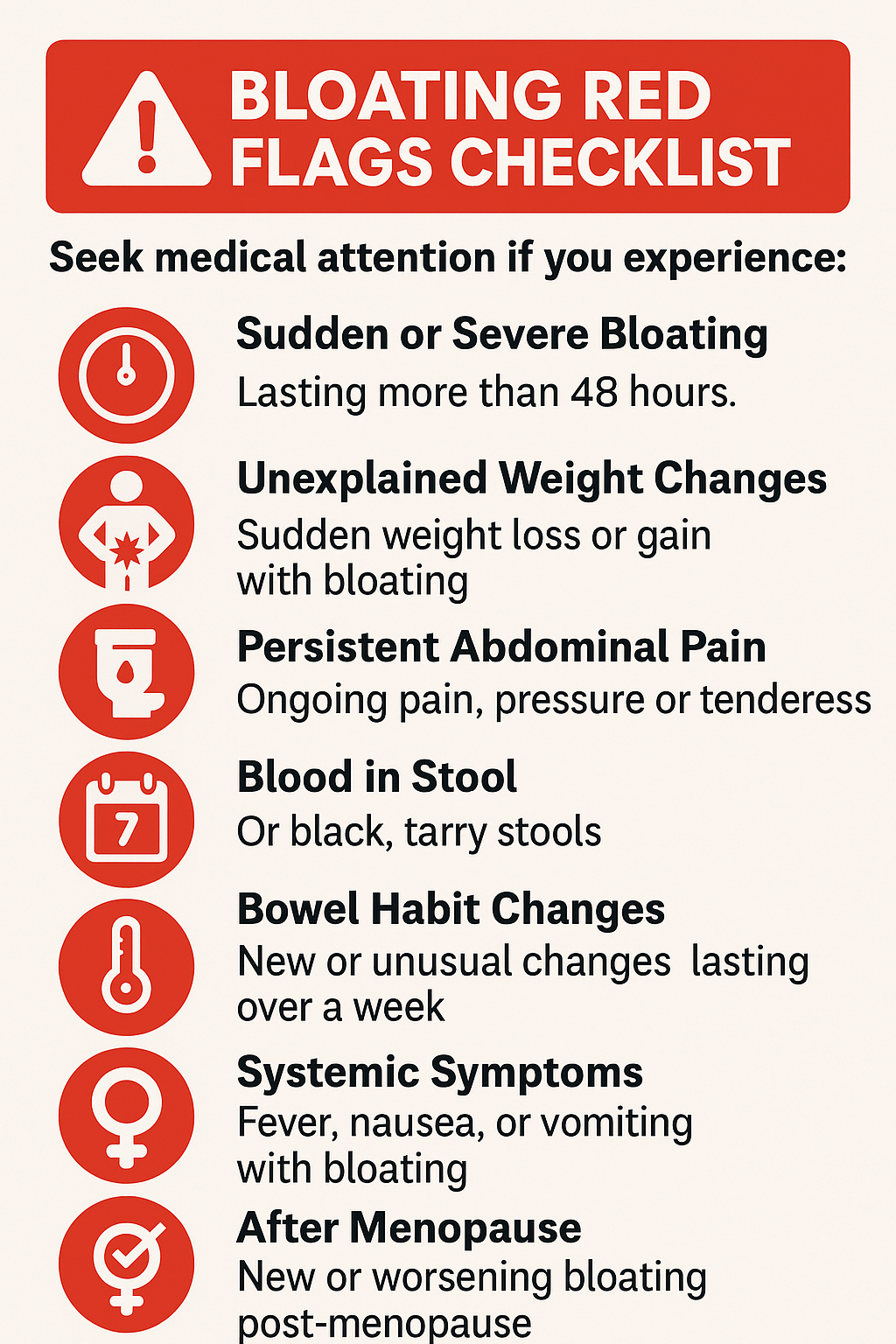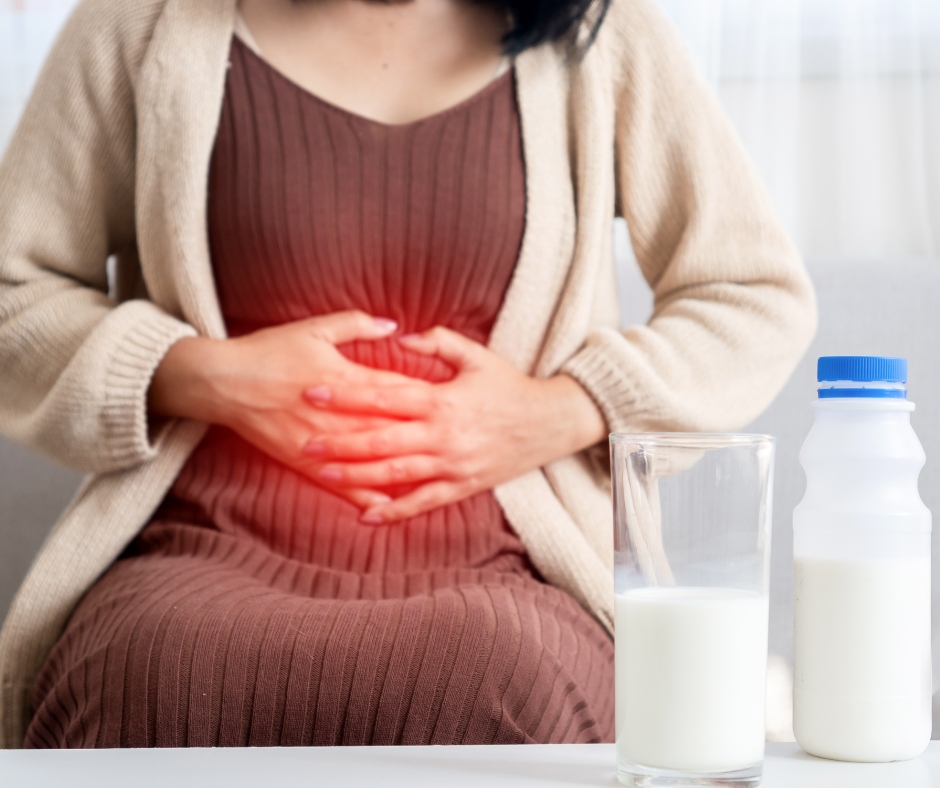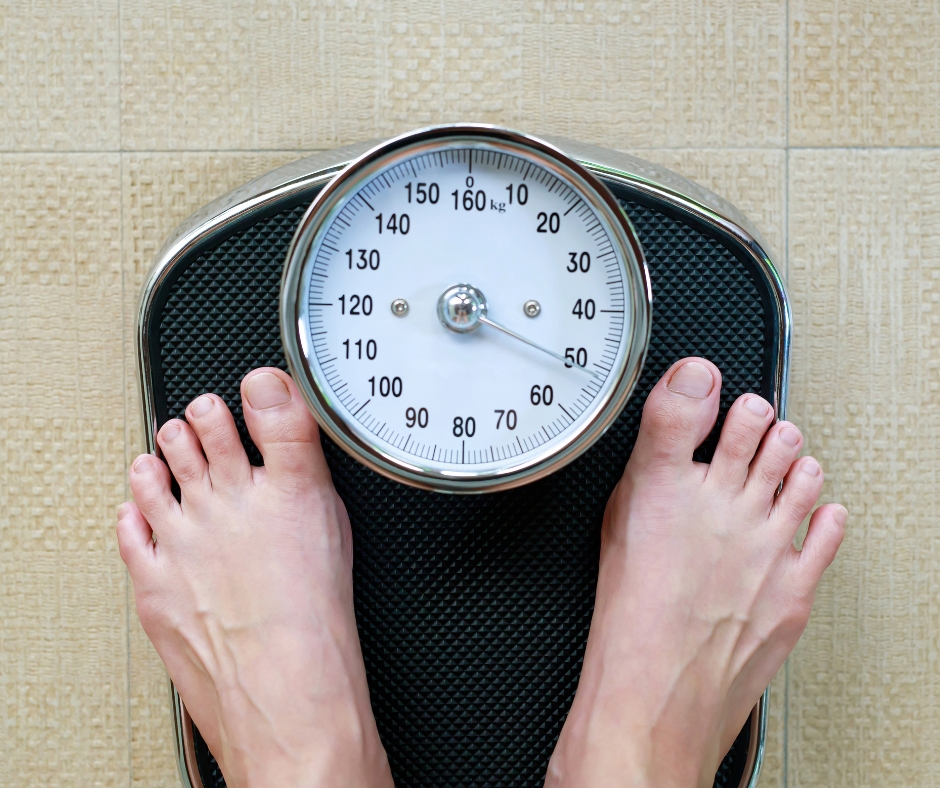Most of the time, bloating is just a temporary nuisance caused by something you ate, your posture, or daily habits. But in some cases, it can be a sign of something more serious.
Knowing when to shrug it off and when to call your doctor is crucial — especially after 40, when risks for certain health conditions increase.
Here’s how to tell the difference.
When Bloating Becomes a Concern
Occasional bloating that eases with rest, gentle movement, or a change in diet is usually harmless. But persistent, worsening, or unusual bloating deserves attention.
The big clues? Changes in your normal pattern or symptoms that don’t go away even when you adjust your eating habits.
Red Flags to Watch For
1. Sudden, Severe, or Persistent Bloating
If bloating comes on quickly and stays for days — or keeps coming back — it could signal inflammation, fluid buildup, or an obstruction.
2. Unexplained Weight Loss or Gain
Rapid weight loss without dieting can be a sign of malabsorption or cancer. Sudden weight gain with bloating may be linked to hormonal issues or fluid retention from heart, liver, or kidney problems.
3. Abdominal Pain or Tenderness
Sharp or constant pain, especially if it’s localised to one area, should be checked immediately.
4. Blood in Stool or Black, Tarry Stools
This can indicate bleeding in the digestive tract. It’s a medical emergency that needs prompt evaluation.
5. Changes in Bowel Habits
Ongoing constipation, diarrhoea, or a noticeable change in stool size or colour can be linked to IBS, IBD, or colorectal cancer.
6. Fever, Nausea, or Vomiting
When bloating comes with fever or persistent vomiting, it may be a sign of infection or blockage.
7. Bloating After Menopause
While hormonal shifts can cause bloating, new or worsening bloating after menopause can also be a symptom of ovarian cancer. This is why regular check-ups matter.
Possible Underlying Conditions
-
Irritable Bowel Syndrome (IBS) — Often involves bloating, discomfort, and irregular bowel habits.
-
Inflammatory Bowel Disease (IBD) — Includes Crohn’s disease and ulcerative colitis.
-
Celiac Disease — An immune reaction to gluten.
-
Ovarian or Gastrointestinal Cancer — Early symptoms can be subtle and include bloating.
-
Liver, Heart, or Kidney Conditions — Can cause fluid buildup in the abdomen.
When to See a Doctor Immediately
Call your healthcare provider if you have:
-
Sudden bloating with severe pain
-
Bloating plus fever or vomiting
-
Blood in your stool
-
Significant, unexplained weight changes
-
Bloating that lasts more than two weeks despite dietary changes
Bloating Red Flags Checklist

Sudden or severe bloating lasting more than 48 hours
Bloating with unexplained weight loss or gain
Persistent abdominal pain or tenderness
Blood in stool or black, tarry stools
New bowel habit changes lasting over a week
Bloating with fever, nausea, or vomiting
New or worsening bloating after menopause
In a Nutshell
Most bloating is harmless, but when it’s paired with unusual or persistent symptoms, it’s worth getting checked. Early attention can mean early treatment — and peace of mind. PRIME
Next in the series: Daily Habits That Keep Bloating Away for Good — simple, over-40-friendly tips you can start right now.















Leave A Comment